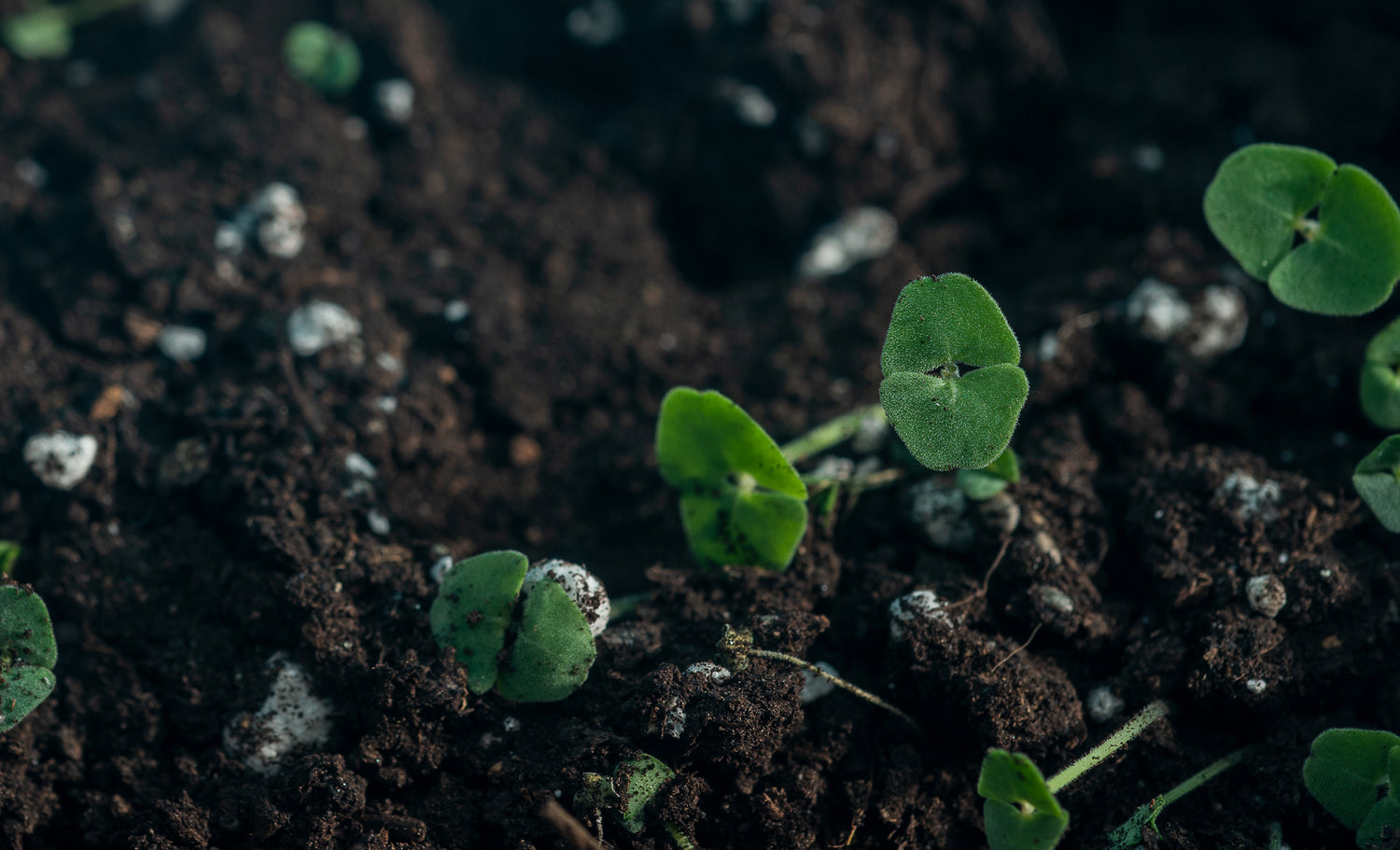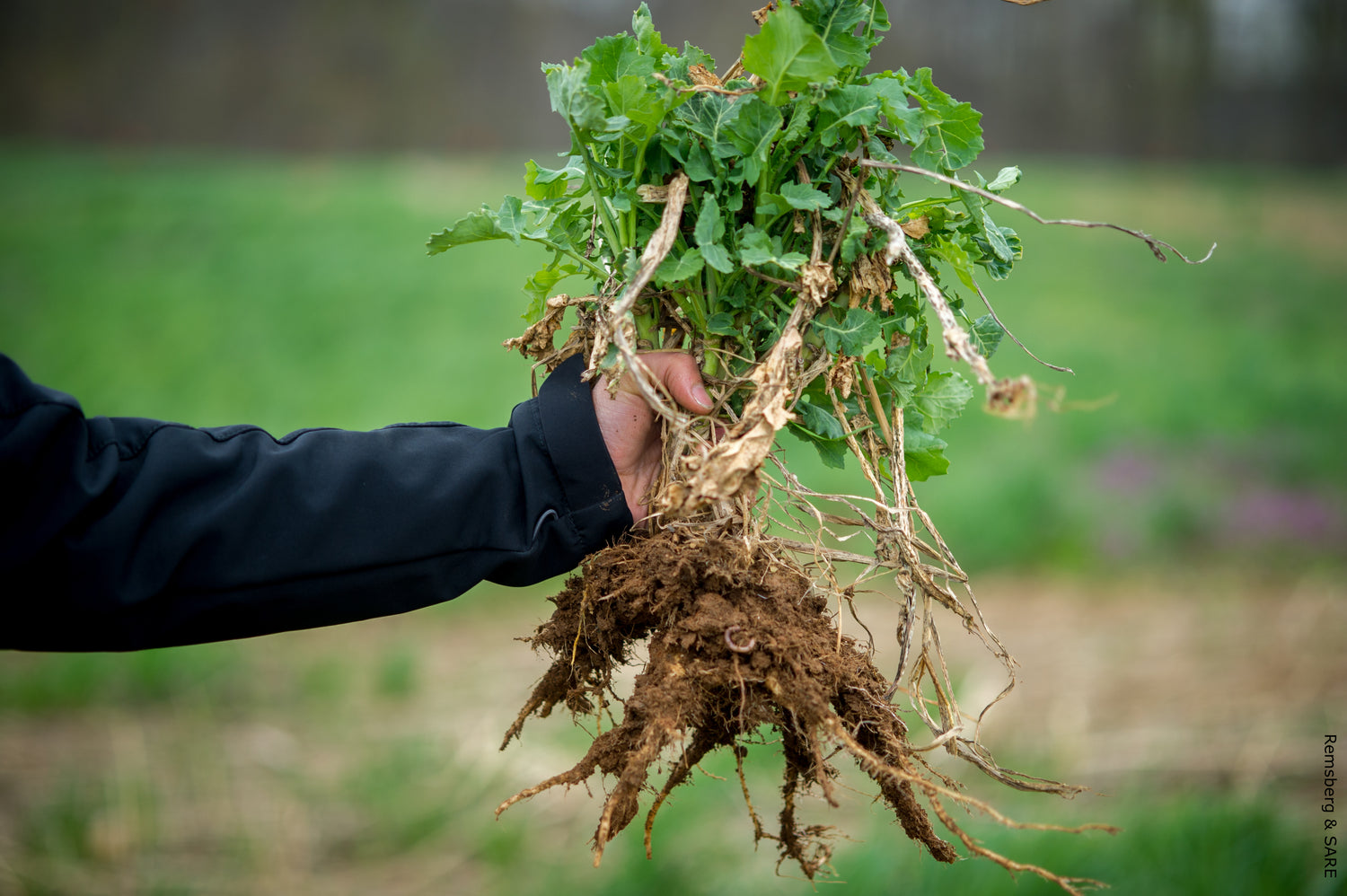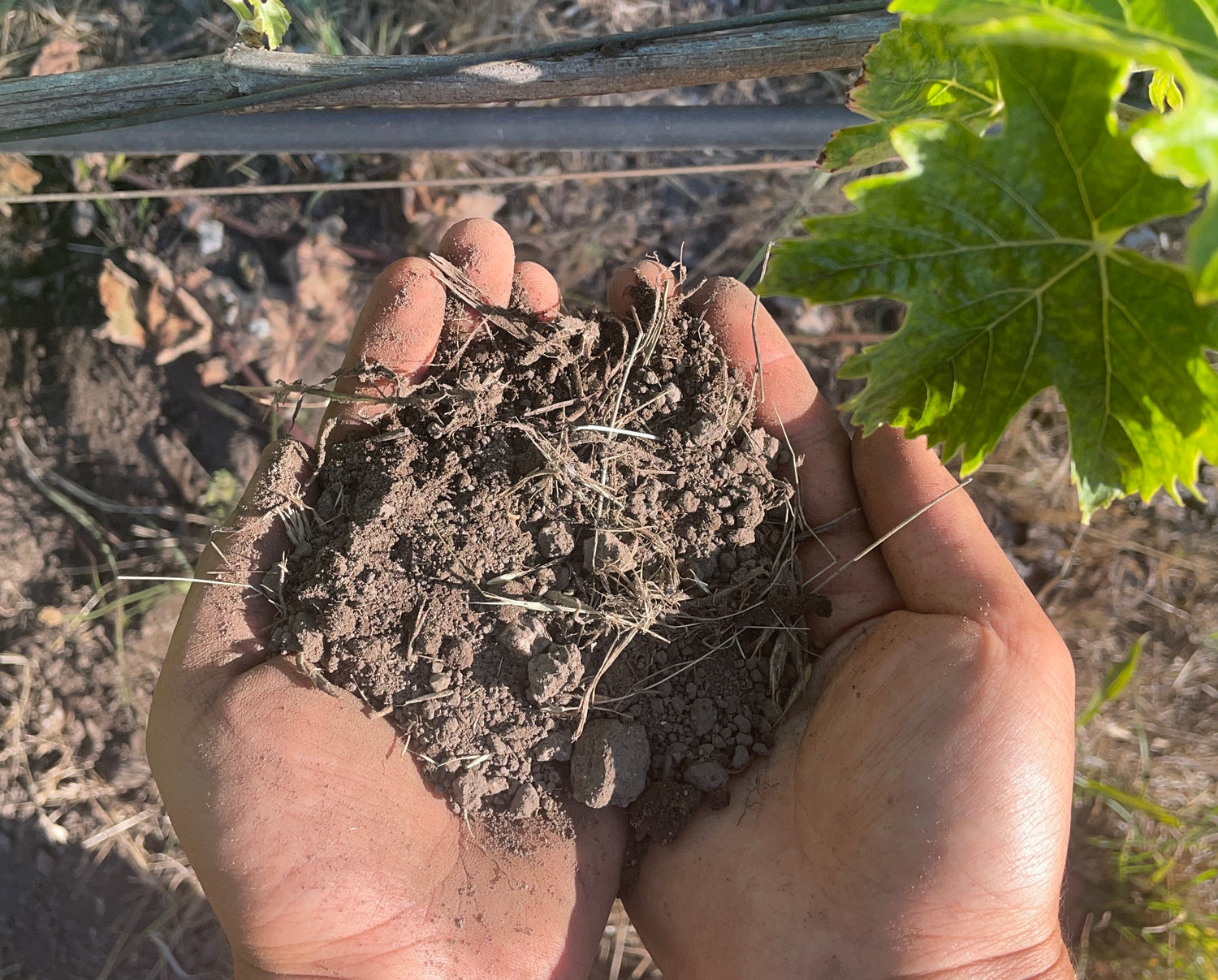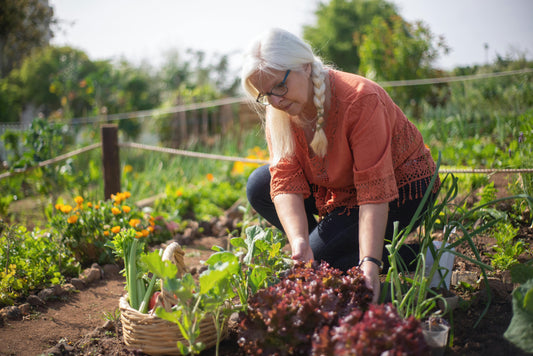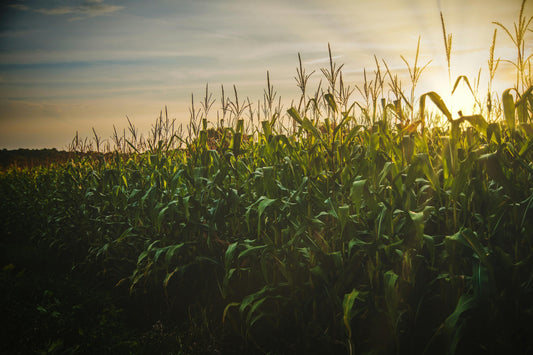The Golden State boasts diverse landscapes, from snow-capped Sierra slopes to arid Mojave deserts and fertile Central Valley plains. But beneath this beauty lies a hidden complexity – the soil, a dynamic ecosystem harboring secrets crucial for thriving plant life. Whether you're a seasoned gardener in San Francisco, a budding hobbyist in Sacramento, or a farmer in Fresno, understanding your soil is vital for unlocking its potential.
This comprehensive guide dives deep into the world of soil testing in California, empowering you to make informed decisions for your lawn, garden, or agricultural field. We'll explore:
- Why Test Your Soil in California?
- Navigating the Diverse Californian Landscape: Specific concerns for major cities (30+)
- Finding the Right Partner: Alluvial Soil Lab's Advantage
- Exploring Our Services: Tailored Solutions for Diverse Needs
- Getting Started with Your Soil Journey: A Step-by-Step Guide
- Unlocking Your Soil's Potential: Additional Resources & Support
Why Test Your Soil in California?
California's soil tapestry is intricate. From the coastal clays of San Diego to the volcanic soils of Mount Shasta, composition varies dramatically. Understanding your specific soil is crucial for several reasons:
- Optimize Plant Health: Identify nutrient deficiencies or imbalances hindering growth, like the high salt content challenging gardeners in Santa Monica.
- Select Compatible Plants: Ensure you choose species suited to your soil's pH, drainage, and fertility, crucial for flourishing gardens in Oakland or Long Beach.
- Improve Landscape Success: Tailor amendments and irrigation practices to your soil type, boosting curb appeal in San Jose or ensuring healthy lawns in Riverside.
- Diagnose Problems: Uncover potential issues like heavy metal contamination (a concern in industrial areas near Los Angeles) or salinity affecting coastal properties in Newport Beach.
- Increase Crop Yields: Farmers in the fertile Central Valley can optimize fertilizer use and improve crop production based on soil analysis.
- Ensure Safety: Test for potentially harmful contaminants like lead, especially in urban areas like San Francisco or older properties in Sacramento.
Navigating the Diverse Californian Landscape: Specific Concerns for Major Cities
California's diverse urban and rural landscapes each present unique soil challenges. Here's a glimpse into some major cities and their specific concerns:
- San Francisco & Oakland: Urban soils often lack organic matter and nutrients, requiring amendments. Past industrial activity may necessitate testing for lead or other contaminants.
- Sacramento & San Jose: Clay-heavy soils in these regions can benefit from improved drainage solutions.
- Fresno & Bakersfield: Central Valley soils often struggle with high pH and salinity, affecting irrigation efficiency and nutrient uptake.
- Los Angeles & Long Beach: Urban runoff and past industrial activity can introduce contaminants like lead or cadmium, requiring testing.
- San Diego & Santa Monica: Coastal soils often have high salt content, impacting plant selection and requiring specific irrigation practices.
- Mount Shasta & Redding: Volcanic soils in these regions can be high in nitrogen but deficient in other nutrients, necessitating targeted amendments.
This is just a glimpse - download our free guide "Understanding Your Californian Soil: City-Specific Challenges and Solutions" for a deeper dive into soil concerns for 30+ major cities in California.
Finding the Right Partner: Alluvial Soil Lab's Advantage
Choosing the right partner for your soil testing needs is essential. Alluvial Soil Lab stands out with:
- Comprehensive Testing: We offer a wide range of tests, from basic nutrient analysis to advanced contaminant screening, catering to diverse needs.
- Tailored Solutions: We don't believe in one-size-fits-all solutions. We offer customizable packages and expert consultations to fit your specific goals and budget.
- Fast Turnaround Time: Receive your detailed report within days, enabling you to make informed decisions quickly.
- Transparency & Support: Our clear pricing structure and dedicated customer service team ensure you feel empowered throughout the process.
Exploring Our Services: Tailored Solutions for Diverse Needs
Whether you're a homeowner in San Diego concerned about your lawn's health or a farmer in the Central Valley optimizing crop yields, Alluvial Soil Lab has the perfect solution:
- Basic Soil Tests: Ideal for homeowners and gardeners, these tests analyze essential parameters like pH, nutrients, and organic matter.
-
Advanced Soil Tests: Go beyond the basics with in-depth analysis for heavy metals, contaminants, salinity, and more, beneficial for urban gardens in Los Angeles or agricultural
- lands in areas like Mount Shasta with potential volcanic soil concerns.
- Customizable Packages: Don't pay for tests you don't need! We offer customizable packages, allowing you to select the specific analyses relevant to your soil and goals.
- Soil Health Packages: Concerned about overall soil health and long-term sustainability? These packages assess microbial activity, organic matter content, and other indicators of a healthy soil ecosystem, ideal for environmentally conscious homeowners or farmers in Sacramento or San Jose.
- Irrigation Management Packages: Optimize your watering practices with tests that analyze water infiltration, drainage, and salt content, particularly beneficial for drought-prone areas like Fresno or Bakersfield.
Getting Started with Your Soil Journey: A Step-by-Step Guide
Ready to unlock the secrets of your California soil? Here's how:
1. Sample Collection:
- Gather soil samples from representative areas following our detailed guide or purchase a convenient sampling kit.
- Ensure proper labeling for each sample, including location and date.
2. Choose Your Test:
- Browse our selection of tests or consult our experts for a personalized recommendation based on your needs and budget.
- Download our free "Soil Testing Guide for Californians" for in-depth information on each test and its benefits.
3. Place Your Order:
- Order your chosen test online, by phone, or in person at our convenient locations.
- Enjoy secure payment options and clear order confirmation.
4. Analyze & Interpret:
- Receive your detailed report within days, presented in a clear and easy-to-understand format.
- Our experts are available to answer any questions and help you interpret the results.
5. Take Action:
- Get personalized recommendations for amendments, fertilization, irrigation practices, or plant selection based on your soil analysis.
- Access our library of educational resources and expert tips to optimize your soil health and achieve your goals.
Unlocking Your Soil's Potential: Additional Resources & Support
Your journey to healthier soil doesn't stop with the test. We're here to support you every step of the way:
-
Downloadable Resources:
- "Understanding Your Californian Soil: City-Specific Challenges and Solutions" guide.
- "Soil Testing Guide for Californians" with detailed information on our tests.
- "Soil Health Guide for Californians" packed with tips for improving and maintaining soil health.
- Expert Blog & Articles: Stay informed with regular blog posts and articles covering various soil-related topics relevant to California.
- Customer Support: Our dedicated team is always available to answer your questions and provide guidance.
Contact Alluvial Soil Lab Today!
Whether you're a passionate gardener in San Diego, a meticulous farmer in the Central Valley, or a curious homeowner in San Francisco, Alluvial Soil Lab is your trusted partner for unlocking the secrets of your California soil. Contact us today for a free consultation and let us help you embark on your journey to healthier, more vibrant soil!







